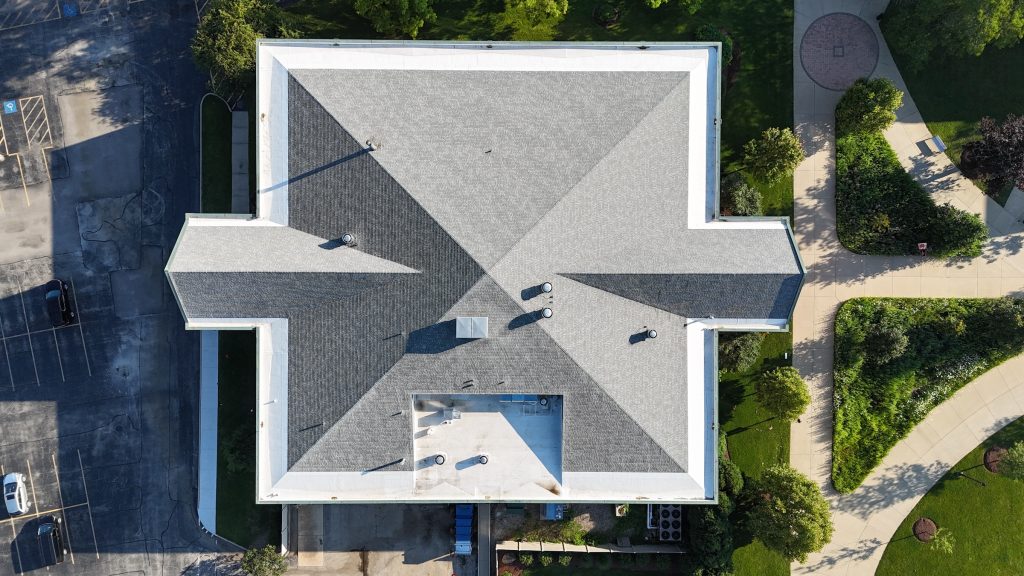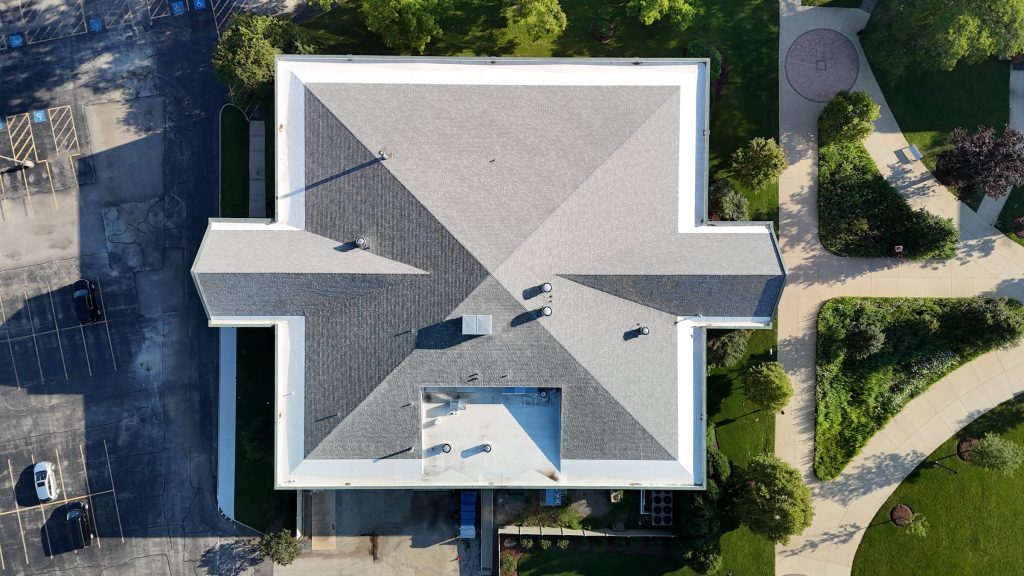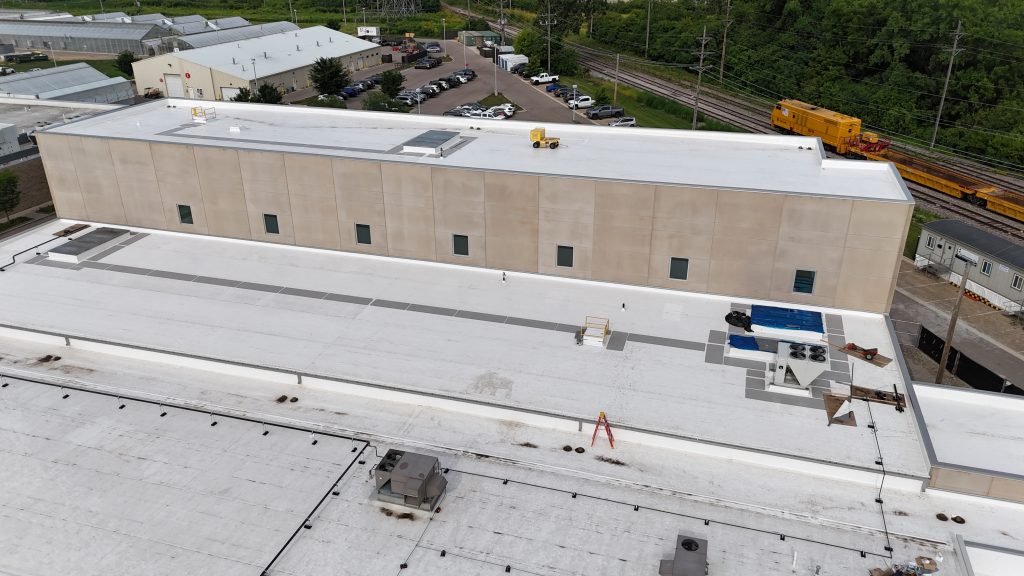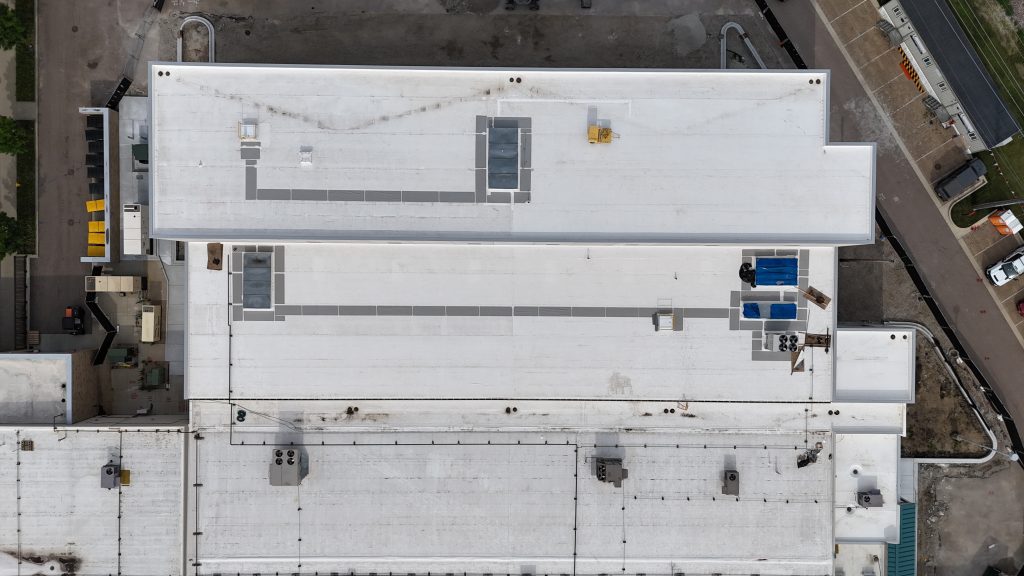

Featured Projects
IN BRIEF
Duration
8 WEEKS
Type
ASPHALT SHINGLE and TPO
Service Area
LISLE
Contract Range
$251,000 – 500,000
Commerical Projects Benedictine University
This commercial project involved tearing off and disposing of the existing low slope and steep slope roofing systems at Benedictine University’s Krasa Center in Lisle. New tapered roof insulation and a 60mil TPO membrane were installed on the low slope roof decks. Additionally, the steep slope shingle roofing system was replaced with new vented nail base roof insulation and an architectural/designer shingle roofing system.
Featured Projects

Commercial Projects
Benedictine University
IN BRIEF
Duration
8 WEEKS
Type
ASPHALT SHINGLE and TPO
Service Area
LISLE
Contract Range
$251,000 – 500,000
This commercial project involved tearing off and disposing of the existing low slope and steep slope roofing systems at Benedictine University’s Krasa Center in Lisle. New tapered roof insulation and a 60mil TPO membrane were installed on the low slope roof decks. Additionally, the steep slope shingle roofing system was replaced with new vented nail base roof insulation and an architectural/designer shingle roofing system.








